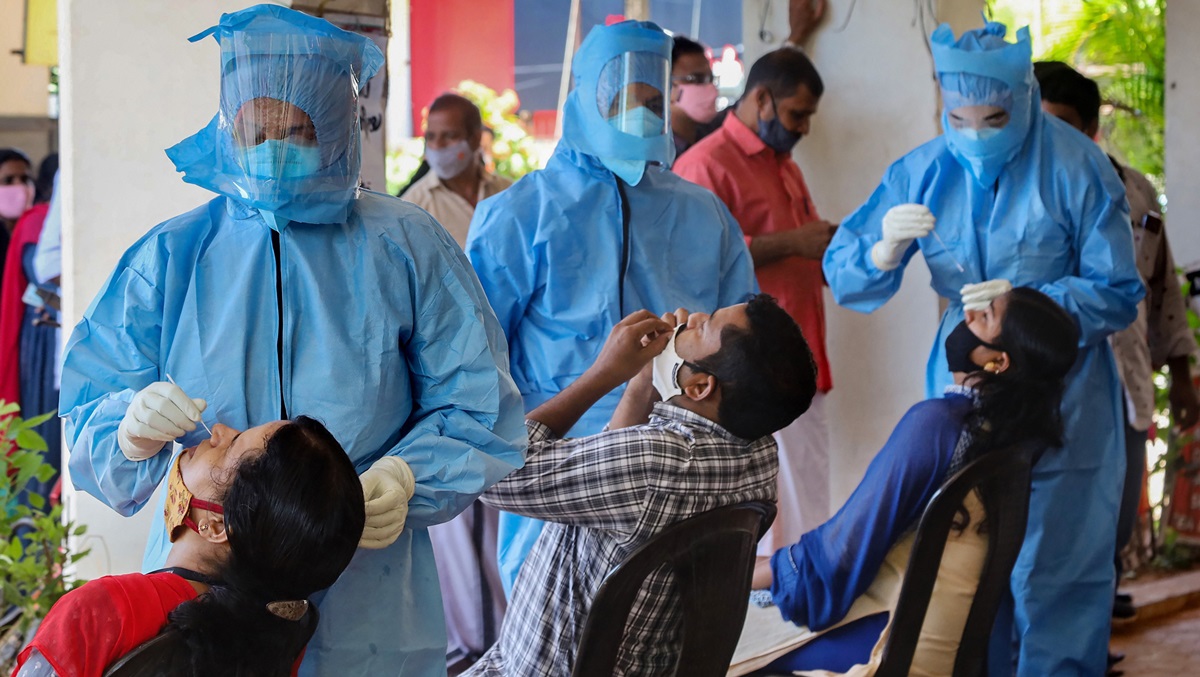
Tamil Nadu’s second sero survey finds several COVID variants
Tamil Nadu’s second sero survey found several COVID variants in the state; also, it found 23% of people to have SARS-CoV-2 antibodies

The second sero survey conducted in April 2021 by the Tamil Nadu Directorate of Public Health and Preventive Medicine — the result of which was shared with the media — has found several variants of the SARS CoV-2 in the state.
“There were no reported variants of SARS CoV-2 variants in Tamil Nadu during the first sero survey, whereas several variants were subsequently detected in the community including the B.1.617.2 (Delta) strain of the virus. A total of 23% of the people had antibodies against the virus,” said the report.
Highest and lowest
Among the districts, Tiruvallur had the highest positivity rate of 49% and Nagapattinam, the lowest of 9%. A total of 765 clusters covering 22,904 samples from all districts except Chennai were studied as part of the survey, headed by Director of Public Health and Preventive Medicine, TS Selvavinayagam. Of the 22,904 samples tested, 5,316 individuals had antibodies.
Also read: After Patna, AIIMS Delhi to screen children for Covaxin trials from today
In the Chennai region, Chengalpet had the second highest positivity of 43%, followed by Kancheepuram and Ranipet with 38% each. In the western region, which is the hot spot currently, Salem had the maximum positivity rate of 29% while Coimbatore’s stood at 20%.
“Each cluster consisting of 30 participants was drawn randomly from rural or urban areas and 22,904 samples were tested for the presence of antibodies using chemiluminescence-based immunoassay (CLIA),” said Selvavinayagam.
The phase one sero survey had revealed a sero positivity rate of 31% in Tamil Nadu. “The decline in sero positivity from the first phase is because the first sero survey was initiated four weeks after the state reported a surge in cases, in August 2020, during the first wave of COVID. There was a time gap of about four weeks that led to antibody development. However, the gap between the first and second wave was about five months and the vaccination for the age group of 18-44 was done later than the survey,” said the director.
Waning of antibodies
The second sero survey found waning of lgG antibodies during the five-month gap between the first and second surveys. This could be one of the key reasons for the low sero prevalence as reported by several studies in international journals.
The state health department is planning to conduct the third sero survey in July or August this year. It is being considered as the most appropriate time, given the current declining trend of COVID cases and with intensified vaccination drives being carried out even among those in 18-44-year group in Tamil Nadu.

